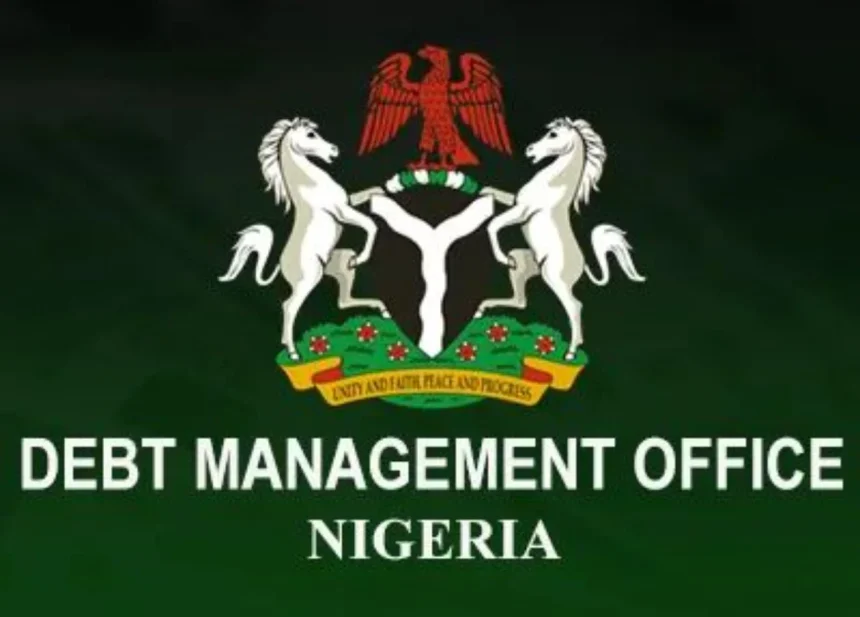Nigeria’s external debt is on track to reach $45.1 billion by the end of 2024, signaling potential economic challenges as the government pursues further external borrowing. Recent data from the Debt Management Office (DMO) highlighted a $780 million increase in the country’s external debt stock during the second quarter of 2024, growing from $42.12 billion in March to $42.9 billion by June.
In a significant move, the Federal Executive Council (FEC) last week approved a new $2.2 billion external borrowing plan under the 2024 Appropriation Act financing strategy. Finance Minister Wale Edun, in a post-FEC briefing, disclosed that the plan includes $1.7 billion from Eurobonds and $500 million from Sukuk offerings. He noted that Nigeria’s access to international capital markets signifies approval of President Bola Ahmed Tinubu’s economic policies.

This new borrowing plan is expected to push the nation’s external debt to the projected $45.1 billion mark by the year’s end. However, this decision comes amid rising debt servicing costs.
According to the Central Bank of Nigeria, the country spent $3.58 billion servicing foreign debt in the first nine months of 2024, reflecting a substantial 39.77% increase compared to $2.56 billion in the same period of 2023.
The DMO also reported in October 2024 that Nigeria’s total debt stock had climbed to N134.3 trillion by the close of June. Commenting on this trend, Muda Yusuf, Director of the Centre for the Promotion of Private Enterprise (CPPE), expressed concerns over the swelling debt load, citing limited revenue generation and persistent infrastructural shortcomings as key challenges.

The combination of continued borrowing and increasing debt service payments raises questions about the sustainability of Nigeria’s fiscal strategy and its potential long-term impact on economic stability.



